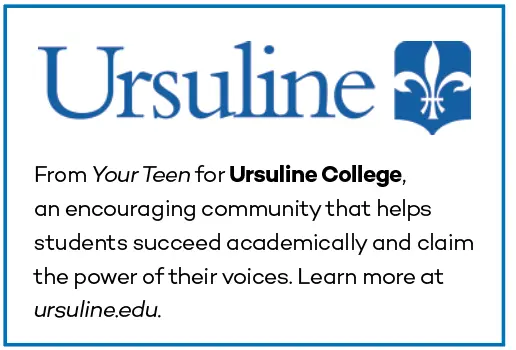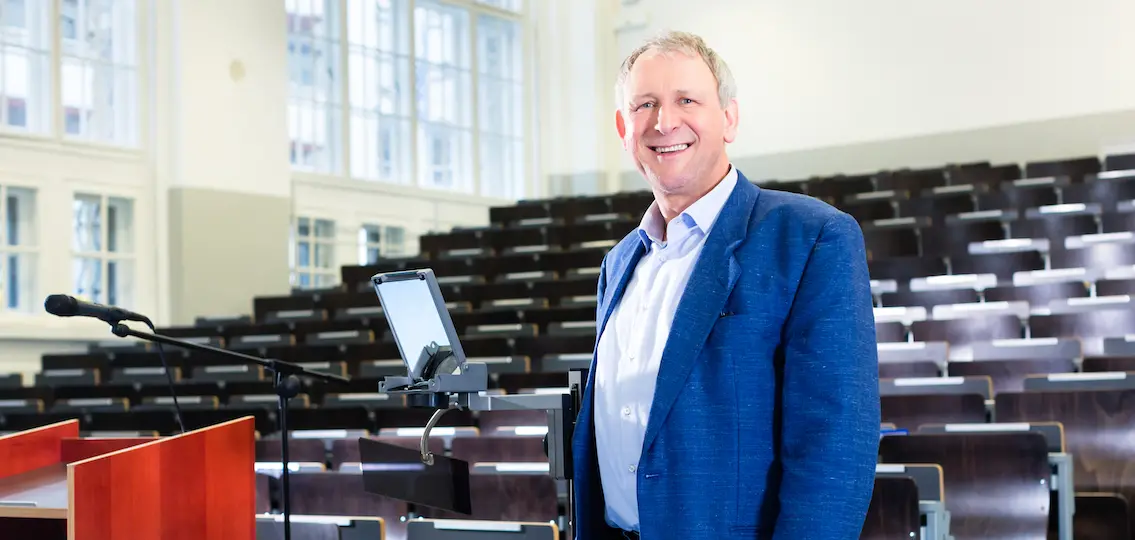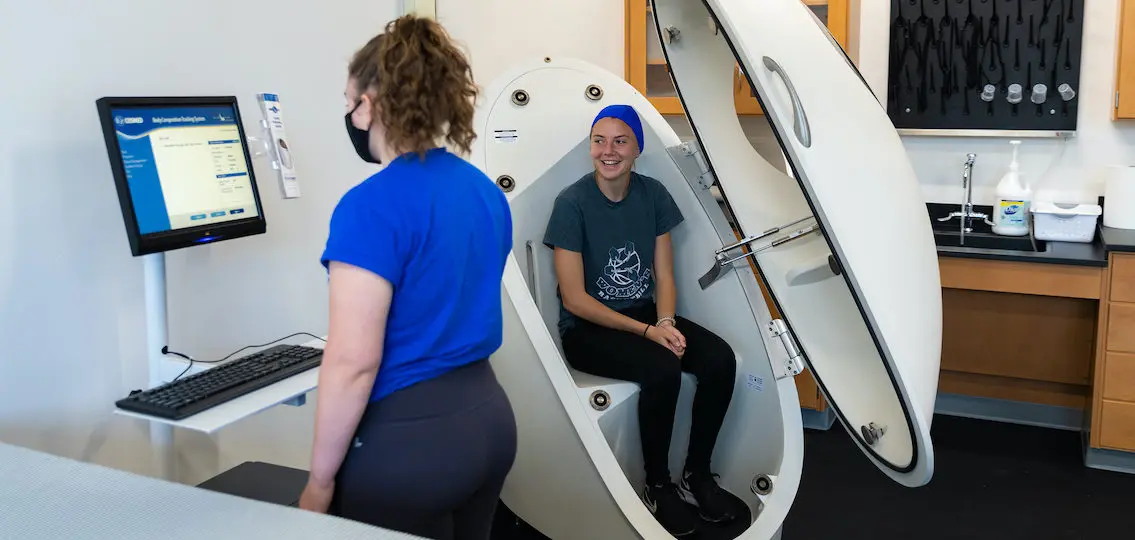Christie Ward-Ritacco was an avid athlete in high school who wanted to remain involved with sports in college. Realistically, she knew she wasn’t talented enough to compete at that level. And while her mom was a physical education teacher who loved her career, Ward-Ritacco didn’t see herself going the education route. Luckily, there was another option open to her, one that is relatively new on the college scene. The field of exercise science.

“What’s awesome about choosing a major like this is there are so many avenues you can take,” says Ward-Ritacco, chair of the Committee on Certification and Registry Boards for the American College of Sports Medicine (ACSM). For Ward-Ritacco, the study of health and exercise science led to work she loves: She started out as a personal trainer, then trained exercise physiologists for a hospital, and then became a wellness resource consultant, all while earning a Ph.D. in exercise physiology along the way.
This gateway to a wide range of career paths is why a growing number of colleges now offer this course of study. One of those is Ursuline College in Pepper Pike, Ohio, which introduced exercise science as its newest major in the fall of 2020.
“Our campus has a thriving NCAA Division 2 athletics program, and many students had requested a related field of study. The exercise science major allows them to combine the athletic programs they want with the academic programs they need,” says Dr. Scott Willis, assistant professor and department chair of Ursuline College’s Exercise Science Department. “Studying exercise science also aligns well with our strategic plan to expand our niche in healthcare-related programs.”
What is Exercise Science?
In a nutshell, studying exercise science offers a stepping stone to a wide variety of career options such as physical therapy, occupational therapy, athletic training, nutrition and dietetics, workplace wellness, and academia, to name a few. In addition, corporations are increasingly relying on wellness consultants to help keep their employee base healthy, says Ward-Ritacco.
| [adrotate banner=”201″] |
Another path for exercise science majors that’s expected to have an impressive growth trajectory is respiratory therapist, says Willis. “I believe that field will explode as people deal with lingering effects from COVID-19. Sadly, many will need help to build their heart or lungs back up for activities of daily living as well as to participate in hobbies and pursuits they enjoyed pre-COVID.”
Willis notes that the majority of these careers will eventually require graduate degrees. He believes that is one of the strengths of earning an undergraduate degree in the broader field of exercise science. That way, students are exposed to a lot of options, rather than specializing too early in a specific program.

How to Get Started
Ward-Ritacco suggests shadowing professionals in different fields, from physical therapists to EMTs to wellness coaches in corporate settings. For high school athletes, Willis recommends talking to trainers and coaches to find out more about what they do beyond the obvious to get a glimpse into their full role. He also advises taking an anatomy course to better understand how the body works.
Ward-Ritacco notes that this field requires excellent communication skills and a desire to work with people in a hands-on capacity. “It’s important to be a motivator. In almost every capacity you are working with someone to help them make a positive difference in their own health.”

Willis adds that students who are athletes or interested in sports tend to be inquisitive and observational as to how people react in fluctuating situations, like games, which translates well to this industry. “They typically understand that there won’t be just one way to go about something. This flexibility not only lends itself well to learning material and conducting research, but also will serve students well as they identify various career opportunities within the wide range that studying exercise science offers.”




